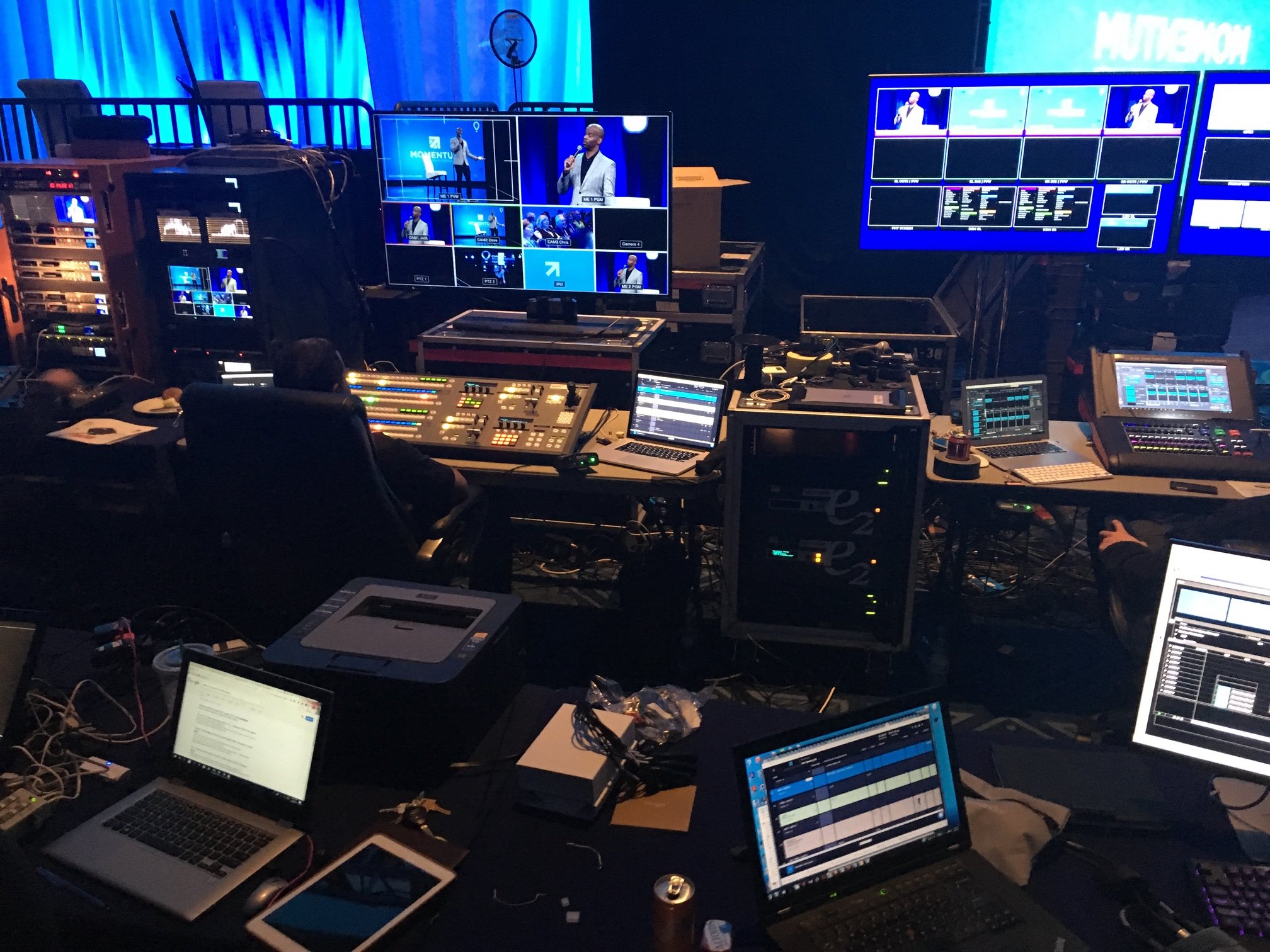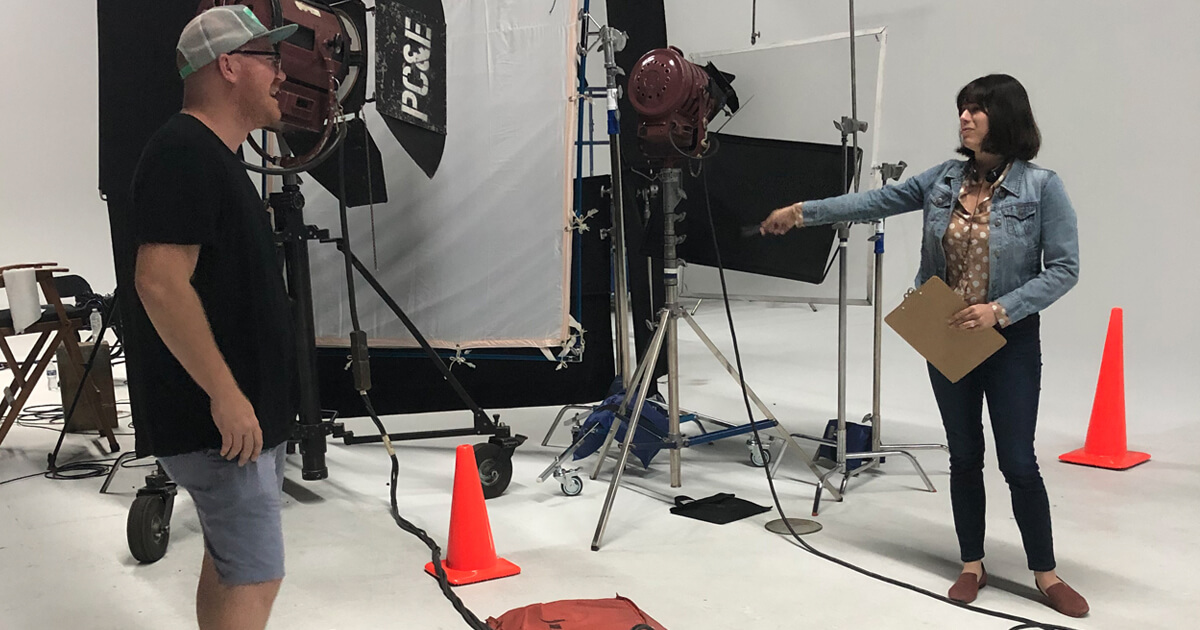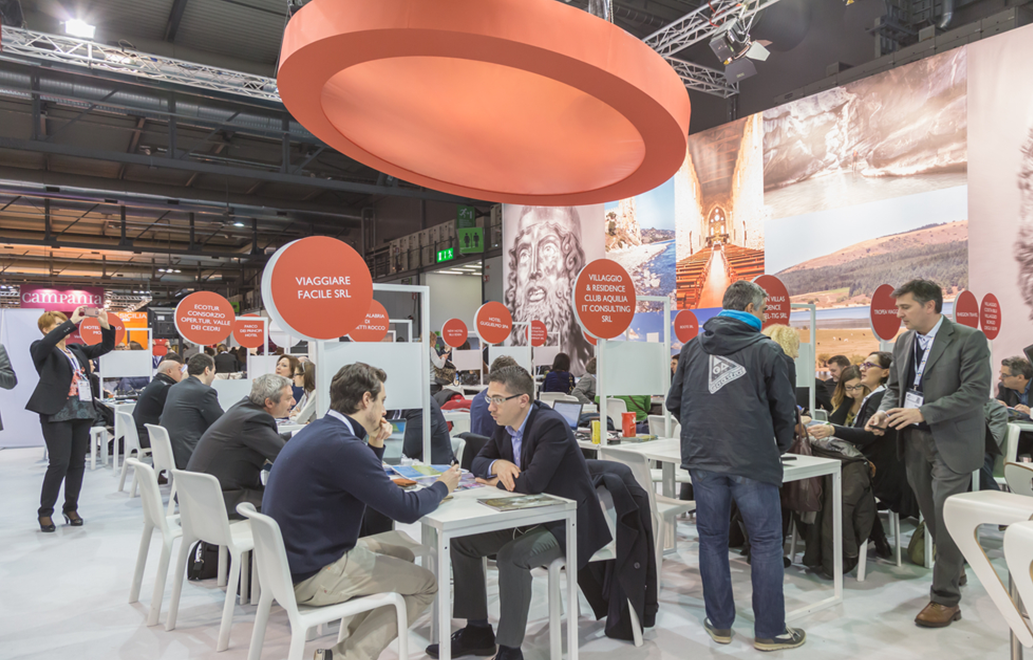Just How Event Production Works: A Comprehensive Take A Look At the Process
Event production is a complex and organized procedure that needs cautious planning and execution. It begins with establishing clear objectives and understanding the target market. Each action, from budgeting to location selection, plays a vital role in making sure success. As the procedure unfolds, various components need to line up perfectly. Yet, the nuances of this detailed operation often go undetected. What are the essential phases that add to a memorable event?

The Preliminary Drawing Board
When starting on event production, mindful preparation is vital to assure an effective result. The first planning stage offers as the structure for all succeeding initiatives. During this phase, event producers must specify the event's function and purposes plainly. Determining the target market aids customize the experience and messaging, assuring relevance and engagement.Producers have to additionally take into consideration the event layout, whether it be in-person, online, or hybrid, as this will affect numerous logistical aspects. Choosing a suitable date and place is critical, as it influences access and availability.Furthermore, constructing a trustworthy group is fundamental for separating duties and enhancing interaction. Establishing a timeline with milestones guarantees all tasks are completed on timetable. This phase includes extensive research, consisting of determining potential challenges and devising strategies to minimize dangers. Ultimately, a well-structured initial preparation phase establishes the tone for a successful event production journey.

Budgeting and Resource Appropriation
In event production, efficient budgeting and source allowance are critical for success - event production charlotte. Developing financial parameters establishes the foundation for all subsequent choices, while resource circulation strategies ensure that every part of the event is effectively supported. With each other, these aspects aid maintain control over expenditures and maximize making use of available resources
Developing Financial Parameters
Establishing economic parameters is crucial to the success of any kind of event production, as it establishes the structure for reliable budgeting and resource appropriation. This procedure begins with defining the total spending plan, which incorporates all aspects of the event, including location expenses, catering, and advertising. By recognizing offered funds, event organizers can prioritize expenditures and designate resources appropriately. On top of that, it is important to carry out complete marketing research to prepare for potential costs and recognize funding sources, such as sponsorships or ticket sales. Establishing clear monetary specifications likewise aids in danger monitoring, permitting coordinators to allot backup funds for unanticipated expenditures. Inevitably, a distinct spending plan acts as a roadmap, guiding the event production team towards achieving their objectives while keeping economic control.
Source Circulation Methods
Efficient source circulation methods are crucial for maximizing the influence of an occasion while sticking to budget plan restraints. Successful event production needs a precise approach to budgeting and source appropriation. Organizers have to prioritize important components such as place, wedding catering, and modern technology, guaranteeing that funds are alloted to locations that enhance attendee experience. A comprehensive budget should detail expected expenses and identify locations for prospective price savings, such as discussing with suppliers or checking out sponsorship opportunities. In addition, tracking expenses throughout the preparation procedure helps stop overspending. By utilizing tactical resource distribution, event producers can provide a remarkable experience while maintaining fiscal duty, ultimately adding to the total success of the event.
Place Choice and Logistics
Choosing the ideal location is important to the success of any event, as it establishes the phase for the general experience. Place selection includes evaluating different elements, consisting of capacity, availability, and area. Planners must think about the target market and the nature of the event, making certain the venue aligns with the event's goals.Logistics play a significant function in this procedure, involving arrangements for seating, audiovisual tools, and providing solutions. A well-chosen place needs to help with smooth flow for guests and team, improving engagement.Additionally, assessing potential locations for amenities like car park, washrooms, and fire escape is necessary for safety and security and convenience. The timeline for securing the location is likewise vital, as prominent areas might schedule promptly - event production charlotte. Comprehensive planning and prompt execution can inevitably add to a smooth event experience, making location choice and logistics fundamental components of successful event production.
Imaginative Idea Advancement
While the location sets the physical phase, imaginative principle advancement shapes the event's identification and story. This process begins with identifying the event's objective and target market, enabling event producers to formulate an engaging style that resonates with attendees. Brainstorming sessions typically include varied viewpoints, promoting cutting-edge concepts that line up with the event's goals.Once a motif is developed, aesthetic aspects such as color palettes, signs, and decoration are developed to boost the total ambience. Narration strategies might also be incorporated to create an engaging trip for participants, ensuring a memorable experience. In addition, factors to consider relating to home entertainment, tasks, and interactive components are aligned with the picked idea, enhancing the style throughout the event.Ultimately, efficient imaginative concept growth guarantees that every facet of the event works cohesively, leaving an enduring impression on guests and fulfilling the event's goals. This foundational work prepares for subsequent preparation and implementation phases.
Working together With Vendors and Distributors
Effective event production depends upon efficient cooperation with vendors and vendors. Picking reputable companions, working out agreements efficiently, and making certain timely shipments are important steps in this process. Each of these aspects adds significantly to the general success and smooth execution of an event.
Choosing Reliable Allies
Just how can event planners guarantee a seamless production experience? Selecting trusted companions is crucial in achieving this goal. Event planners should carry out complete study to recognize suppliers and suppliers with a tried and tested record of excellence. This consists of examining recommendations, examining portfolios, and evaluating client responses. Organizers need to focus on companions that show professionalism and reliability, prompt interaction, and a desire to team up. Structure strong connections fosters count on and makes it possible for fast analytical throughout the event. Furthermore, it is useful to select local vendors that recognize the location and regional logistics. Ultimately, an effective event depends upon the synergy between organizers and their companions, making sure that every aspect of production runs efficiently and successfully.
Bargaining Agreements Efficiently
Effective arrangement of agreements is an important action in the cooperation between event planners and their suppliers and distributors. This process involves clear interaction of expectations, deliverables, and timelines. Planners must conduct thorough study on market prices and market criteria to establish a standard for arrangements. It is essential to develop a collective atmosphere, motivating open discussion regarding terms, rates, and prospective contingencies. Coordinators should additionally prioritize comprehending the vendor's capacities and limitations to straighten their needs successfully. Flexibility can cause equally valuable contracts, cultivating long-lasting partnerships. Crafting well-defined contracts that consist of specific efficiency metrics can aid guarantee responsibility, inevitably resulting in effective event implementation and contentment for all parties included.
Making Certain Timely Shipments
Prompt distributions are vital for the smooth implementation of any event, needing attentive cooperation between coordinators and their suppliers and distributors. Reliable communication is crucial, as it helps develop clear expectations concerning delivery routines, amounts, and particular needs. Coordinators often create detailed timelines to describe critical turning points, making sure all parties remain aligned throughout the process. Regular check-ins with vendors can help identify potential hold-ups early, allowing for proactive services. Furthermore, developing solid connections with trustworthy vendors promotes depend on check out here and responsibility, which can lead to better service and prioritization. By focusing on these joint initiatives, coordinators can reduce disruptions, thereby enhancing the total effectiveness of event production and guaranteeing that all needed products and services arrive as prepared.
Advertising and Promotion Approaches
While arranging an occasion, the success of advertising and promo methods can significantly affect participation and involvement. Efficient strategies commonly include a mix of digital marketing, standard advertising, and grassroots outreach. Using social media platforms permits real-time interaction and targeted advertising and marketing, reaching certain demographics effectively. Email advertising and marketing projects can even more involve potential guests with tailored content and reminders.Collaborations with influencers or market leaders can additionally enhance integrity and widen reach. Developing engaging material, such as video clips or blog sites, aids to generate buzz and endure passion leading up to the event. Additionally, leveraging early-bird discount rates and unique benefits can incentivize ticket purchases.Promoting with typical networks, such as posters or local media, remains appropriate, specifically in community-focused occasions. A comprehensive method that incorporates numerous strategies guarantees maximum exposure and interaction, eventually adding to the event's success and the production of a memorable experience for guests.
On-Site Implementation and Monitoring
On-site implementation and monitoring are crucial components that determine the overall success of an event. Effective coordination throughout the event guarantees that all aspects straighten with the prepared program. Event supervisors manage logistics, including vendor coordination, Read Full Article equipment setup, and guest services. Checking timelines and resolving any kind of unanticipated problems are essential for maintaining a seamless experience.The team plays a substantial function, as skilled employees are in charge of different tasks such as registration, details dissemination, and technological assistance. Interaction amongst team members is essential; it fosters a joint atmosphere and enables quick resolution of challenges.Additionally, safety and security protocols must be abided by, guarding the health of all participants. Post-event evaluations are additionally part of on-site management, supplying insights for future improvements. By concentrating on these facets, event producers can develop unforgettable experiences that meet or go beyond attendee assumptions while accomplishing the event's purposes.
Often Asked Concerns
How Do I Pick the Right Event Theme?
Picking the best event motif involves taking into consideration the target audience, event objective, and location. Researching current fads and collecting input from stakeholders can also influence creative ideas that reverberate and create an unforgettable experience.

What Are Common Mistakes in Event Production?
Usual blunders in event production commonly include inadequate preparation, inadequate communication amongst staff member, budget plan mismanagement, overlooking to think about the target market's requirements, and stopping working to conduct a thorough post-event analysis for future enhancements.
How Can I Determine Event Success?
To measure event success, one can assess guest complete satisfaction, engagement degrees, budget adherence, and post-event responses. Secret performance signs, such as ticket sales and social media communications, likewise supply important understandings into total efficiency.
What Should I Do if It Rains on the Event Day?
In case of rain on the day, the organizer needs to apply backup plans, such as protecting outdoors tents or moving read the article tasks indoors. Interaction with attendees regarding changes is important to assure a smooth experience in spite of climate challenges.
Just How Can I Ensure Guest Involvement During the Event?
